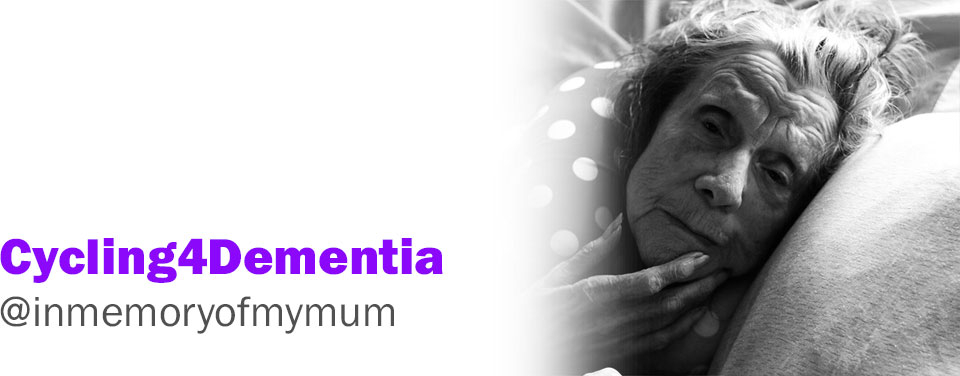How can I carry vital medical information, in a compact form?
Well, after a little research, looking at both emergency bracelets and cards, a military related thought came into my head - dog tags (US military style)!
OK, so they don't hold much information, just five lines of text, each. But, when researching further, I came across a company that not only provides the said dog tags, but will also supply them with a QR code label on the back.
The label on the back carries the emergency "star of life" symbol, the instruction "Scan in an emergency", along with a unique ID number and the all-important QR code.
Upon scanning the QR code, the first responder can access a web page with up to 1500 characters of further important personal information, such as emergency contact, next of kin, any medical conditions and medication, along with up to 10 photos for identification and/or important medical related documents.
All this for well under £20, and, for the web info, 99p per year, after the first year. Result!
Of course, as anyone can scan a QR code with a smart phone, it is very important that only essential first responder contact and medical information, is stored on the website. Great care should be exercised when uploading such information, in order to avoid identity theft etc.
The website suggests the following information:
Next of kin
Allergies
Medication
Medical history (relevant)
Doctors contact number
Driving licence number
National health number
Holiday itinerary (where relevant)
Contact details
Insurance
Photos of the user, carer or guardian etc.
Any other useful information
One of the companies providing this service also supplies helmet stickers, velcro wristbands, keyrings and asset tags, all with relevant, and unique, QR codes.
As this is a result of my own research, and because I'm not receiving anything in return for this blog post, I'm not including any links to the websites.
Further note
First tag:
Last name
First name and initials - blood group
Date of birth
NHS number
Basic address info: house number and post code - country (i.e. UK)
Second tag:
Last name
First name and initials - blood group
NI number
Basic address info: house number and post code - country (i.e. UK)
Religious preference - or no preference - or medical condition if relevant
So that's it! A simple, easy to wear, and compact way of carrying essential emergency information, when taking on a challenge, of whatever kind.
Additional information and links
I've set up a JustGiving page, initially to help fund the ride, as we need some equipment to help us along the way https://www.justgiving.com/crowdfunding/martyn-feather
The JustGiving pages for the dementia charities are now live:
Alzheimer's Society page - https://www.justgiving.com/fundraising/martyn-feather-as
Dementia UK page - https://www.justgiving.com/fundraising/martyn-feather-duk
I've also created another page, which gives a brief description of the ride, and the route, here http://design4dementia.blogspot.co.uk/2017/05/were-raising-500-to-help-fund-350-mile.html
@inmemoryofmymum can be found on both Facebook and Twitter, so you can follow the ride there too. You can also find me on Facebook - Martyn Feather (Skippy), and Twitter -
© Martyn Feather 2017


No comments:
Post a Comment